TRD Issue 54 - Briefing: Coupang-Farfetch Deal, Shopee in Brazil, Amazon's China Strategy, Nike and Wholesalers
Coupang invests $500M in Farfetch, Shopee acquires Blu, Amazon opens Shenzhen center, Nike revises wholesale strategy, and Louisa Coffee expands globally.
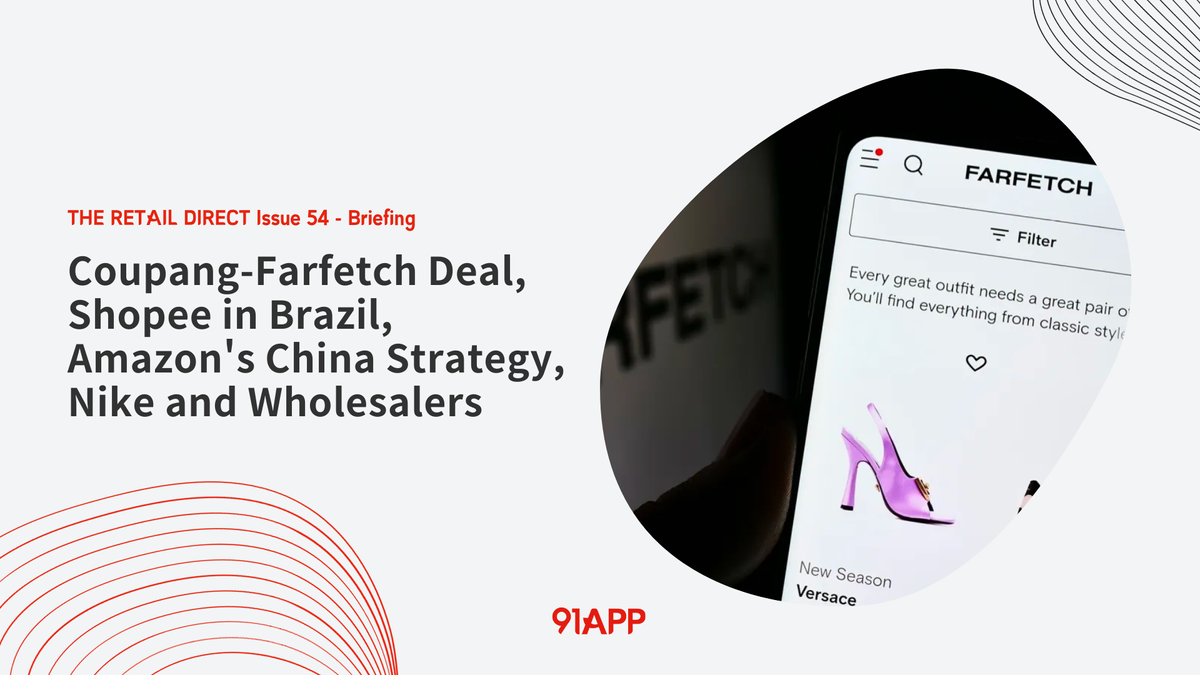
Hello Readers,
In this week's TRD, we are focusing on major e-commerce developments.
South Korean e-commerce giant Coupang has invested $500 million to acquire assets and management rights of the struggling luxury e-commerce platform Farfetch. Coupang will delist Farfetch from the New York Stock Exchange, expanding its reach to more luxury brands. This move is expected to boost Coupang's presence in the global luxury markets, which is worth hundreds of billions of dollars, and compete with other international players like Amazon and Alibaba.
According to a regulatory filing, Shopee has acquired the credit business of Brazilian fintech Blu. The move will help Shopee expand its financial services in Latin America, including personal loans. Shopee entered the market in 2020 and was approved by the Brazilian government to offer prepaid payment accounts in 2022.
At a recent summit in China, Amazon announced its first Asia-Pacific 'innovation center' in Shenzhen, a move to strengthen its global presence despite exiting the Chinese market for years. With increasing competition from Temu, Shein, and TikTok Shop, Amazon is adapting to maintain its market position.
Nike has recently collaborated with wholesale retailers again, becoming an essential brand in in-store and online sales. However, some former partners are farther away after strategic adjustments. For example, Foot Locker has started making room for other cooperative brands and is working to reduce Nike's sales to 55% - 60%.
Lastly, Taiwan's Louisa Coffee is expanding internationally, following its success in Thailand. The brand's growth reflects the potential of Taiwanese coffee brands in the global market. Additionally, luxury brands are increasingly eyeing the Philippines, with SSI's joint venture with Prada highlighting the market's potential.
As we approach year-end, stay tuned for more industry insights. We wish you a joyful, festive season and happy reading!
The Retail Direct
About 91APP
Founded in 2013, 91APP is the premier OMO (online-merge-offline) SaaS company, providing one-stop omnichannel retail solutions in Taiwan, Hong Kong, and Malaysia. It offers advanced Commerce Solutions and Marketing Solutions that enable retail brands to penetrate the D2C (Direct-to-Consumer) e-commerce market and drive operational benefits to their full potential. In 2021, 91APP became the first SaaS company to be listed in Taiwan and has been named one of Taiwan's "NEXT BIG" companies by Startup Island TAIWAN.
For more information about 91APP (TWO: 6741), visit www.91app.com.
e-Commerce
Farfetch Finds Rescuer With $500 Million Loans From Coupang
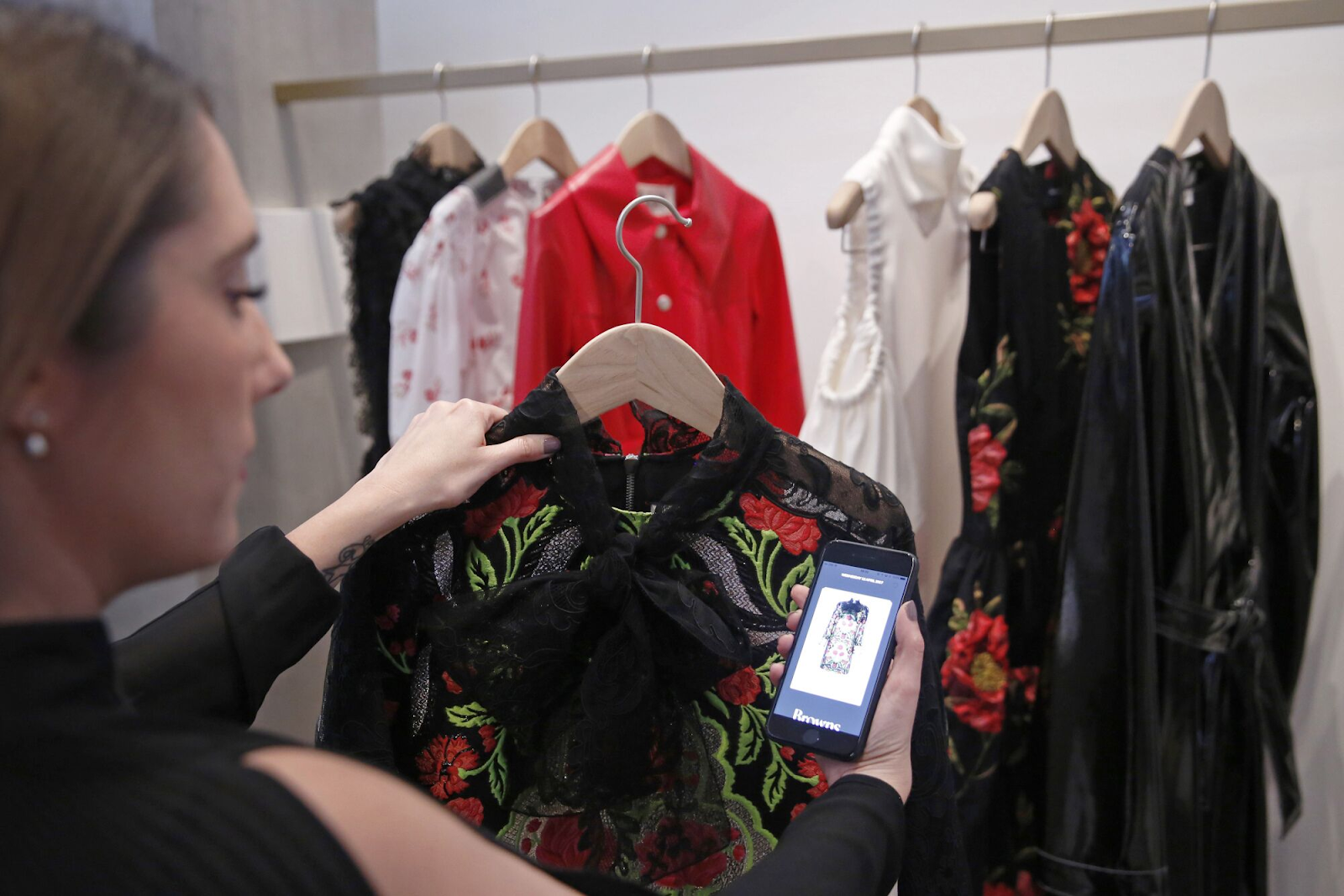
Why it is important
- Farfetch's $500 million loan from Coupang marks a significant rescue for the struggling fashion platform.
- The challenges faced by Farfetch highlight the impact of economic strains on the willingness of aspiring customers to make purchases.
What happened
- Coupang will inject $500 million into Farfetch, planning to buy its assets and delist its shares.
- The deal also ends Farfetch's proposed tie-up with Richemont.
- Coupang will entirely control Farfetch and will be taken private.
Source: Bloomberg
E-commerce Firm Shopee Buys Credit Arm From Brazil's Warburg Pincus-Backed Blu
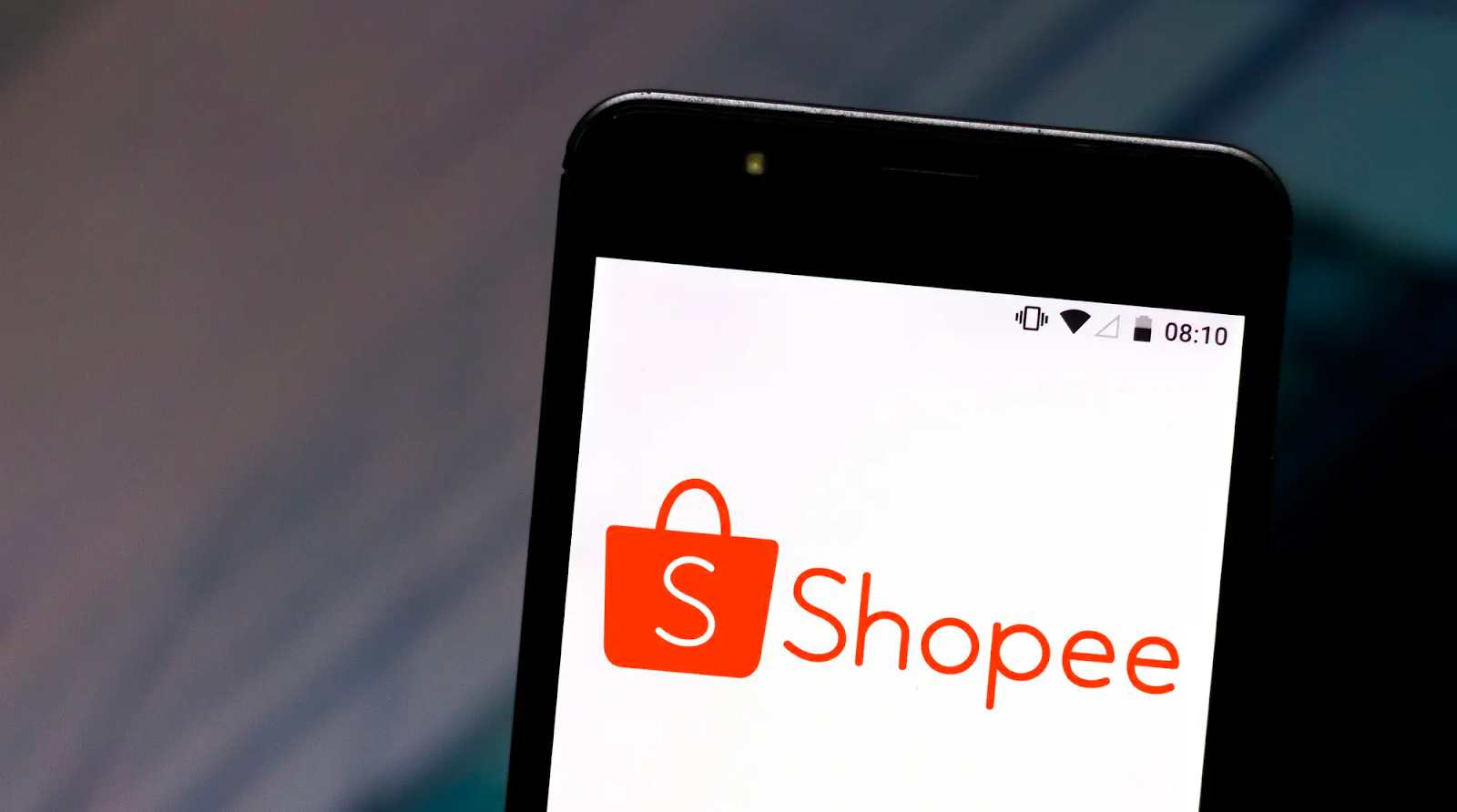
Why it is important
- Shopee's acquisition of Blu signifies a strategic expansion in LATAM, offering direct credit to customers and enhancing its market presence outside Asia.
What happened
- Shopee, a Singapore-based e-commerce firm, bought the local credit arm of Brazilian fintech Blu, gaining preliminary antitrust approval in Brazil, aiming to grow its business and reduce costs.
Source: Reuters
Google and Apple’s App Stores are Cash Machines
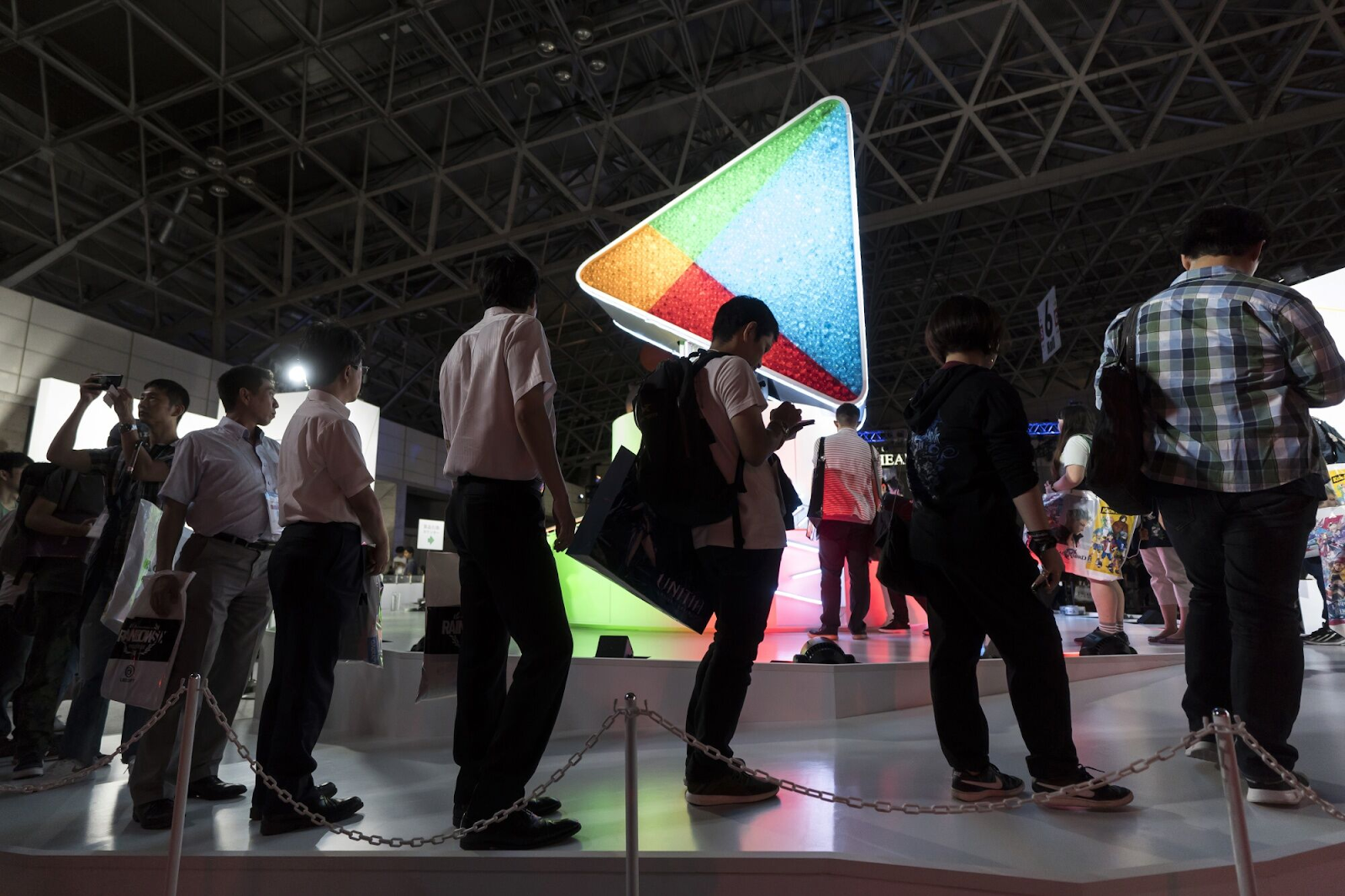
Why it is important
- Epic Games' antitrust victory against Google highlights app stores' immense profitability and market control.
- The court decision could disrupt how Google and Apple control third-party app distribution on mobile devices.
What happened
- Epic was kicked off Apple and Google's app stores for violating policies. Epic sued, claiming the companies' control of the stores is an anti-competitive monopoly.
- The California jury found Google guilty of antitrust violations in its Google Play app store. This decision challenges major app stores' financial and operational models and their relationships with developers.
Source: FT
Amazon Courts Sellers at China Summit as Temu and Shein Gain Momentum
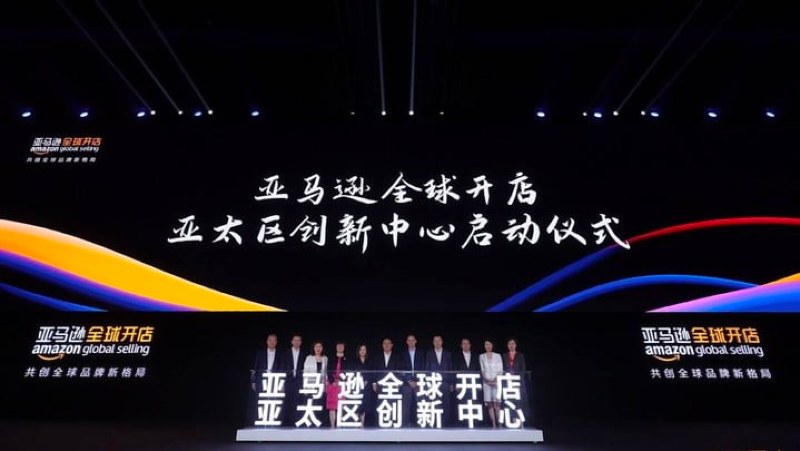
Why it is important
- Amazon's new initiatives in China are crucial to compete with rising online Chinese retailers like Temu and Shein in the global e-commerce market.
What happened
- At a China summit, Amazon announced plans for a Shenzhen innovation center and an end-to-end supply chain service for Chinese sellers.
- This move counters growing competition from Temu and Shein, which are gaining momentum in e-commerce.
Source: CNBC
Temu is Using its Lawsuit Against Shein as a PR Engine
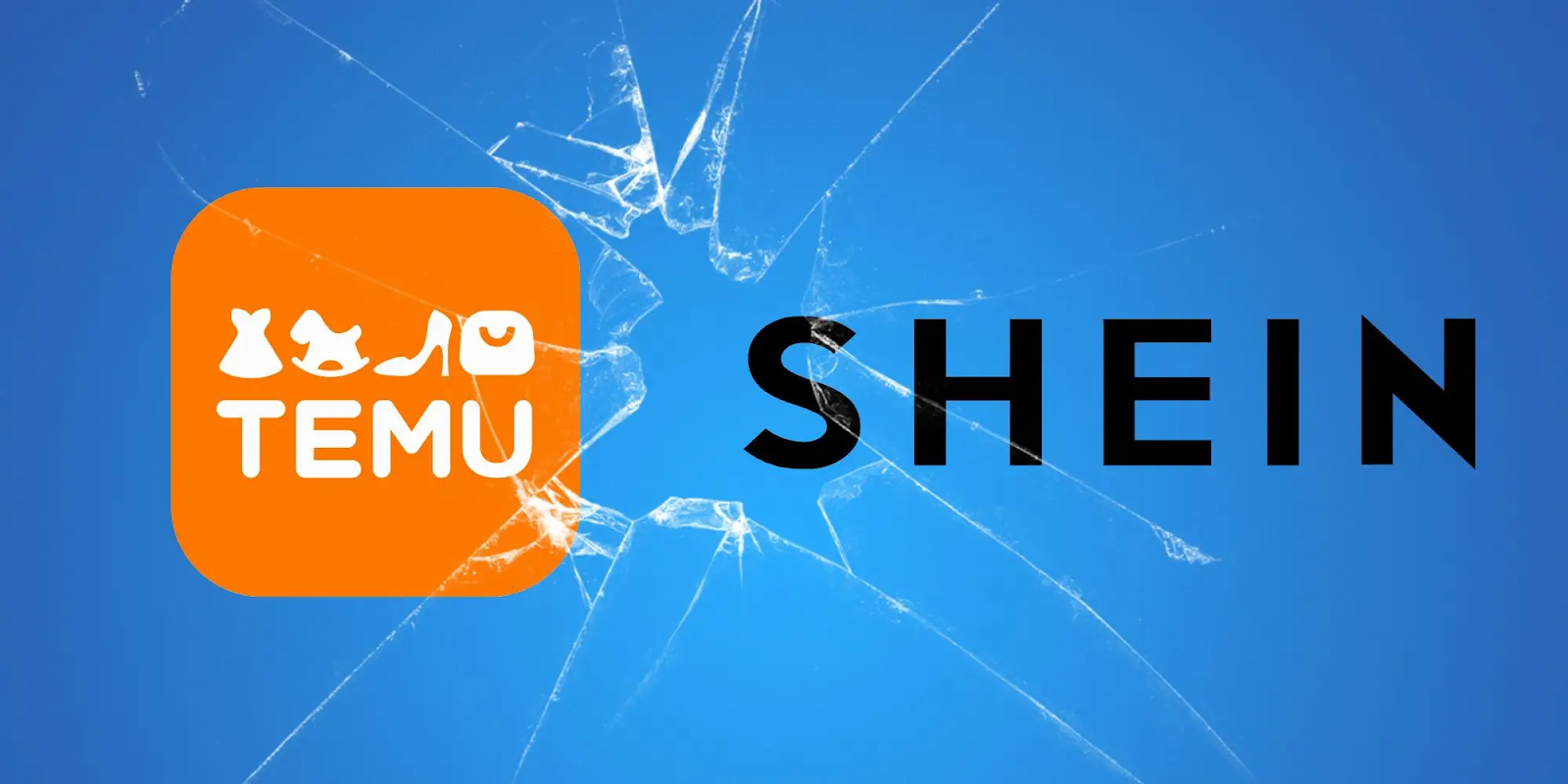
Why it is important
- Temu's lawsuit against Shein is a PR strategy that showcases how legal actions and PR are interrelated in corporate competition and media manipulation.
What happened
- Temu filed a lawsuit against Shein, alleging intimidation of suppliers. Still, the move appears part of a broader PR strategy, intertwining legal actions with advertising campaigns and media narratives.
Source: Modern Retail
How Brands Like Tupperware Australia Are Making Live Shopping Work
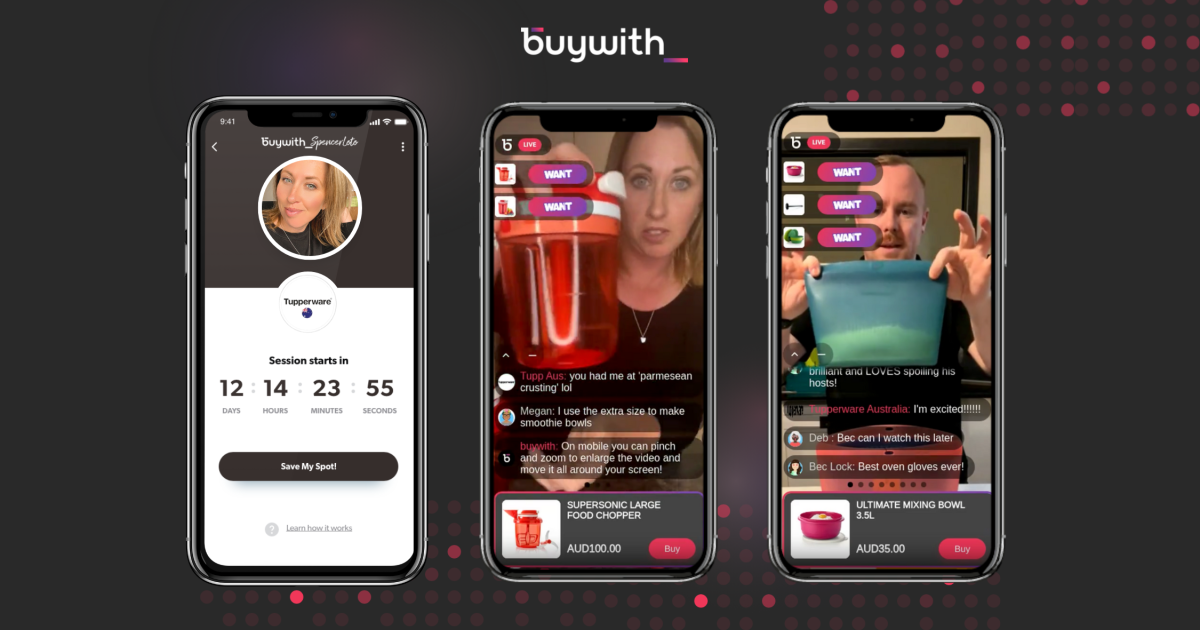
Why it is important
- Tupperware Australia's successful live shopping event demonstrates the potential of live commerce as an effective sales channel, offering insights into customer engagement and digital marketing strategies.
What happened
- Tupperware Australia hosted its first live shopping event, achieving a 68% conversion rate.
- This event highlights the growing trend of live commerce, especially on platforms like TikTok, and its effectiveness in driving sales and customer engagement.
Source: Modern Retail
D2C
As Nike Reintroduces Wholesalers, It Loses Its Previous Leverage
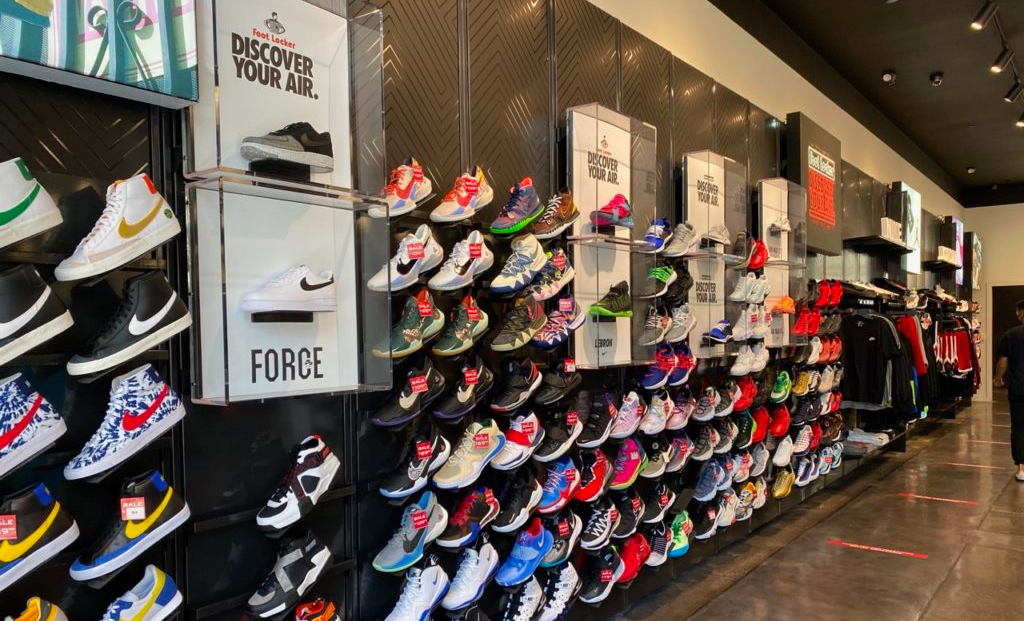
Why it is important
- Nike's return to wholesale retailers after a direct-to-consumer focus shift reveals the complexities of retail strategies and the balance of power between brands and multi-brand retailers.
What happened
- Nike re-entered wholesale retail, losing some leverage it had.
- This shift follows its failed attempt to focus solely on D2C sales, negatively impacting its inventory management and revenue projections.
Source: Modern Retail
Asia
Taiwan’s Louisa Coffee Opens First Singapore Location
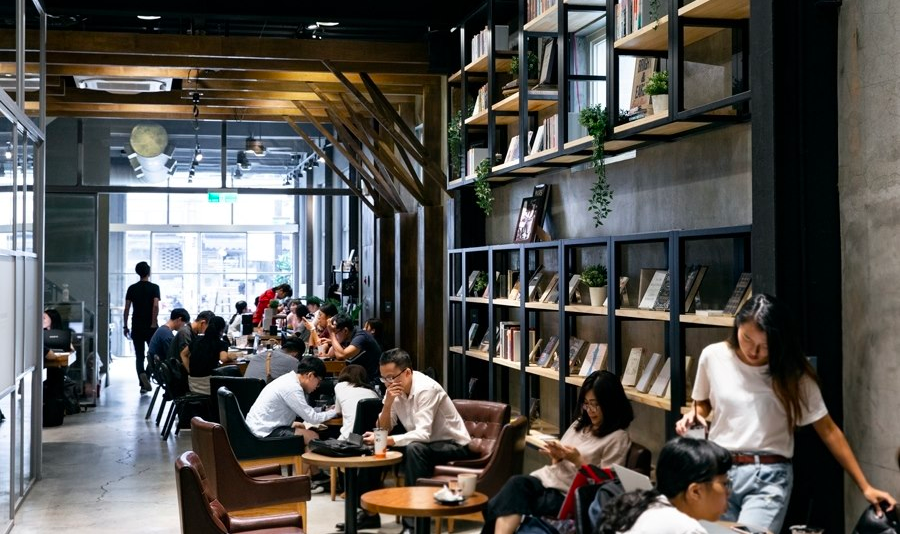
Why it is important
- The expansion of Louisa into Singapore reflects the growing global influence of Taiwanese coffee brands.
What happened
- Taiwan's Louisa Coffee opened its first store in Singapore, marking its second international market entry after Thailand. This expansion signifies the brand's resilience and growth ambitions post-pandemic.
- Louisa has 570 stores in Taiwan and plans to open 80 new stores yearly. It may expand to markets such as Malaysia and Indonesia in the future.
Source: Retail in Asia
Daiei Opens 'Cashierless' Street Store in Yokohama in Collaboration with NTT Data
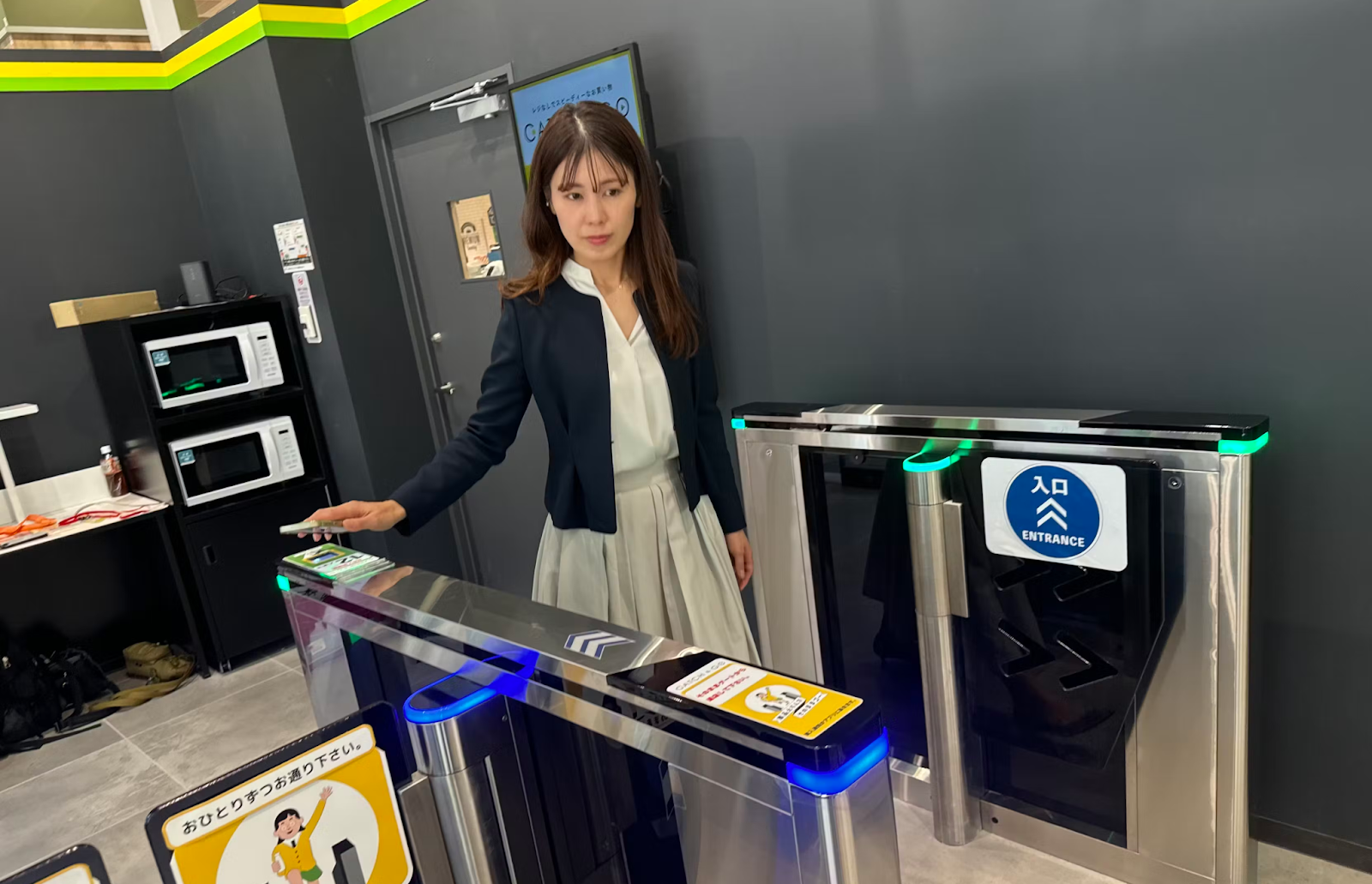
Why it is important
- Daiei's launch of a cashierless store in Yokohama, using NTT Data's technology, marks a significant advancement in retail innovation, offering a new, efficient shopping experience.
What happened
- Daiei, under Aeon, opened 'CATCH&GO,' a cashierless store in Yokohama, Japan.
- This store, developed with NTT Data, allows customers to shop and pay automatically via an app, showcasing a new model in retail technology.
Source: NIKKEI
Philippine Brand Sales, Prada Joint Venture Targeting the Middle Class
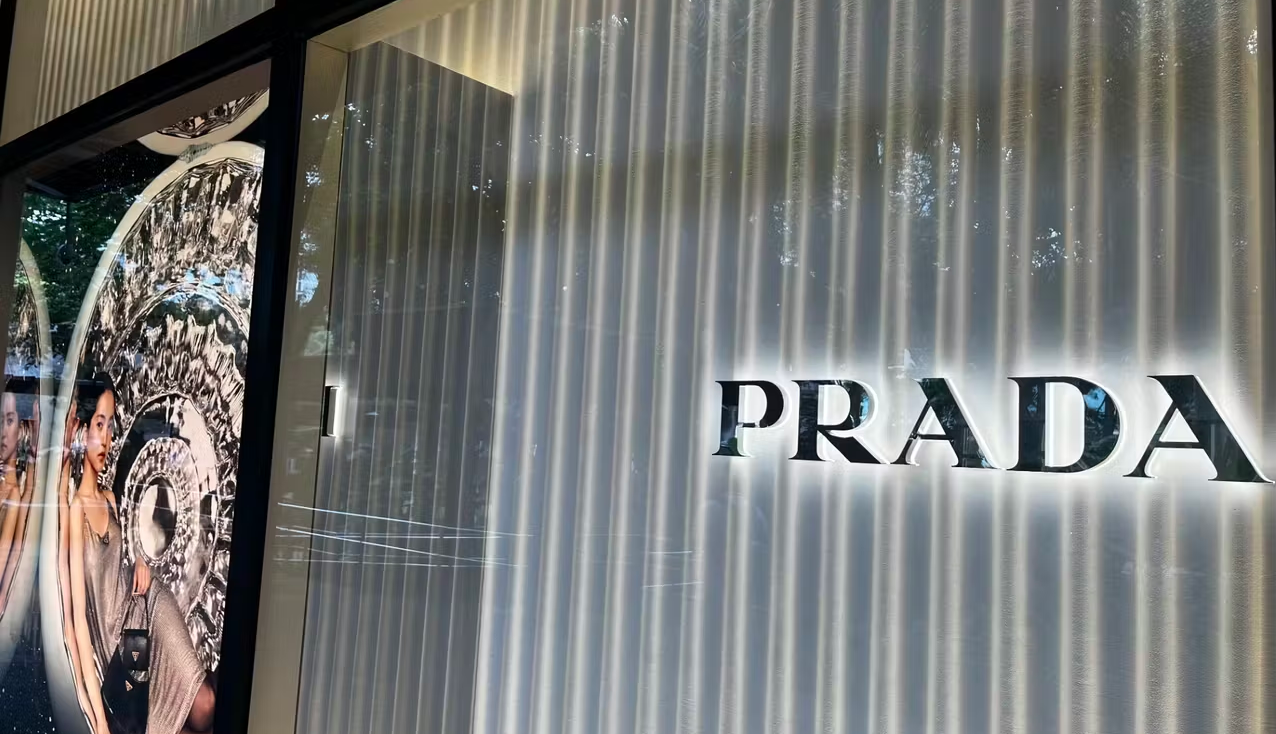
Why it is important
- SSI Group and Prada's joint venture in the Philippines targets the growing middle class, showing potential for luxury brand growth in developing economies.
What happened
- Luxury brand retailer SSI Group has announced a joint venture with Prada, and the investment ratio is 60/40 Prada/SSI, totaling 380M pesos ($6.79M).
- SSI started as a division of the high-end department store Rustan's and is listed on the Philippine Stock Exchange. It handles about 90 brands, ranging from Hermès and Balenciaga to fast fashion brands like Gap and Zara.
- SSI also has joint ventures with companies like Muji and Gucci.
Source: NIKKEI





Comments ()